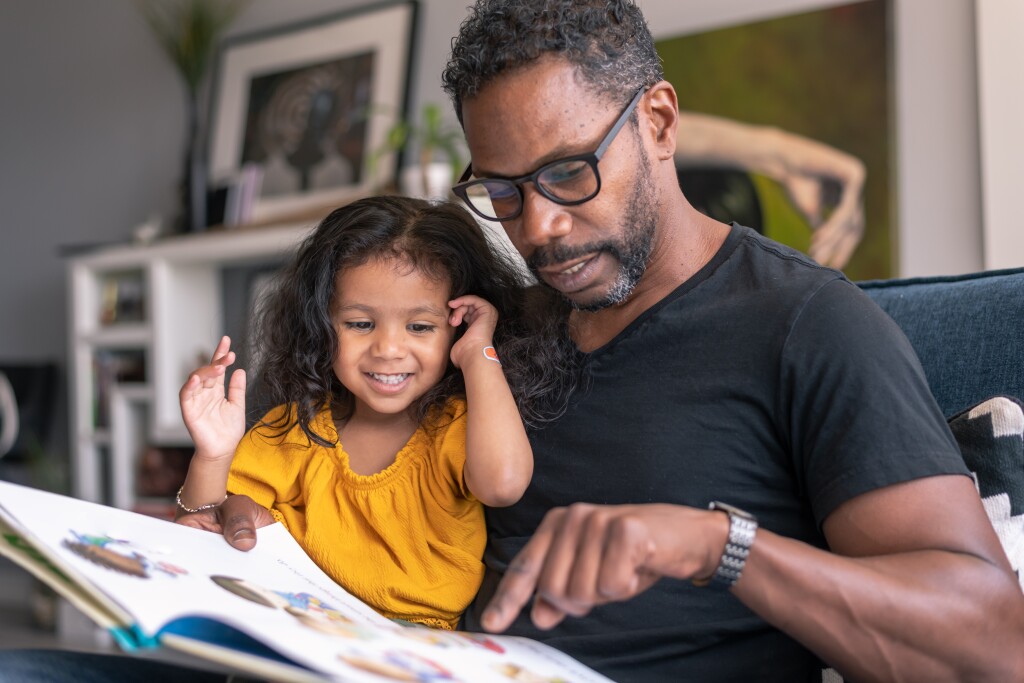If you feel like your finances are controlling you and not the other way around, you're not alone. It's easy to fall into a pattern where paying the bills every month becomes a challenge, let alone saving for the future. The solution can be surprisingly simple: Put yourself on a budget. It may feel restricting at first, but it doesn't mean you can't have anything you want. It simply means be disciplined so you can balance getting what you want.
The more intentional you are about how you spend your money, the easier it becomes to live within your means and build the assets you'll need for future goals.
Here are the top reasons why
1. Keeps you from overspending
Living beyond your means doesn't always mean shelling out money on luxury cars or exotic vacations. Often, a habit of making small, seemingly insignificant purchases can eat up your paycheck. Creating a budget helps you inventory your expenses. Sticking to your budget helps you control your spending by spreading your income across the most important expenses in your life.
A key first step in budgeting is tracking how your expenses add up. This can show you which purchases are essential and which are discretionary. You're likely to learn a lot about your spending habits. You may find, for instance, that streaming subscriptions or dining out is taking up a large amount of your income. Once you have a good understanding of where your money is going, you can set a maximum for discretionary spending and reallocate the extra so that your budget aligns better with your bigger goals, such as putting some funds toward retirement.
Having a budget doesn't mean you have to cut nonessential costs completely. You still can set aside money that's just for you and your wants. The process of budgeting simply helps you prioritize which wants give you the most satisfaction and how often you can afford them rather than unmonitored spending that overextends you.

2. Enables you to manage debt and build credit
Uncontrolled debt is often the biggest obstacle to financial well-being. Large outstanding balances can make it difficult to pay all your bills, let alone save for future needs. They also can create a lot of emotional stress.
Budgeting is a time-tested antidote to that problem. By keeping your expenses in check, you're less likely to need credit cards or loans to stay afloat. You may be able to free up a portion of your income to
By managing your debt more effectively, you'll be able to spend your money in a more meaningful way, whether it's saving for important life goals or giving back to a charity you love.
Trying to find the best budgeting strategy for you?
Learn about different budgeting methods that can help you successfully manage your money.
3. Gets you moving toward your short- and long-term goals
When you're in the habit of spending without guardrails, your paycheck can be consumed by immediate needs and wants. One of the benefits of budgeting is that it allows you to balance present-day concerns with goals you'd like to achieve in the future.
When you create a budget, you'll know how much you can spend on temporary enjoyment versus contributing to your happiness for a long time. You then can create savings buckets for each of those goals. For example, you might have one savings account for an emergency fund, another for future vacations and another for a home down payment.
It's not just that you're freeing some of your income for savings. You're
4. Prepares you for emergencies
It's impossible to predict when you might have to face a major car repair or steep medical bill, or, worse, find yourself out of a job. Knowing that you'd be able to manage a financial hurdle can give you confidence in your self-reliance capabilities.
In the Federal Reserve's latest survey of U.S. households,
With a budget that maps your expenses, you can find ways to free up money for maintaining an emergency fund. Most experts suggest keeping a cash reserve that can cover three to six months of your expenses, more if you have a variable income.
If you don't have job security or are the primary provider for a family, it may be necessary to bulk up your emergency fund even more. By having savings that you don't use unless you're in a crunch, you can avoid taking on debt and remain financially secure, no matter what life throws your way.
5. Makes saving for retirement easier
If you start saving in your 20s, you'll typically need to set aside
The younger you are, the more important it is to make steady contributions toward your nest egg. That's because you'll have a longer window before you retire and can reap the benefits of compound growth.
One of the surest ways to keep on track with your retirement is by using the
Use a budget to gain control of your financial life
Creating a budget for yourself is a simple change that can positively impact many aspects of your financial life. You'll find it easier to manage your current bills, prepare for future goals and ready yourself for an eventual retirement.
Many different types of budgets and budgeting apps can help you take control of your finances.







